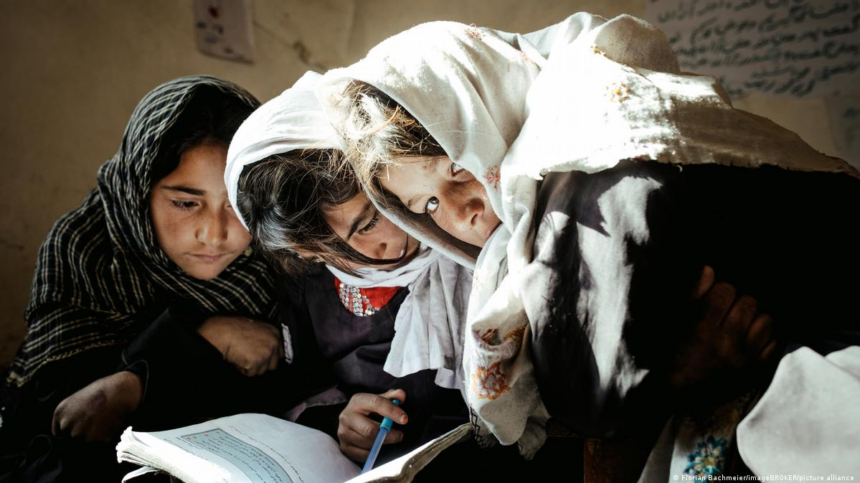RASC News Agency: The International Rescue Committee (IRC) has issued a stark warning in a new report, highlighting the direct consequences of U.S. aid reductions on the Afghanistani population. The report asserts that these cuts have led to the deprivation of education for at least 300,000 Afghanistani children and have left 700,000 people without access to essential services, including healthcare, vaccinations, treatment for malnutrition, safe water, and protective services. Released on Saturday, April 26, this report underscores the devastating impact of these aid reductions on vital humanitarian programs in Afghanistan. The IRC reveals that the crisis resulting from the reduction in aid has particularly disrupted the treatment of 15,000 children suffering from severe malnutrition, exacerbating the overall lack of access to critical services. As a result, many Afghanistani citizens have been denied essential healthcare and humanitarian assistance, further intensifying the country’s ongoing economic and social crises.
According to the report, Afghanistan is facing a severe humanitarian disaster, with more than 22.9 million people in urgent need of humanitarian aid. The IRC emphasized that the prolonged economic crisis, compounded by environmental challenges, has pushed millions of Afghanistani citizens into deep poverty and despair. The report also highlights the disproportionate impact of these aid cuts on vulnerable groups, particularly children and pregnant or breastfeeding mothers. Specifically, the situation has worsened for three million children and 1.2 million mothers suffering from acute malnutrition, who are now facing an even more critical state of deprivation. The IRC further warned that the imposition of Taliban restrictions on women and girls in Afghanistan has exacerbated the economic vulnerability of families, especially those headed by women. These restrictions have significantly increased the risk of hunger and malnutrition, deepening the suffering of the most marginalized and impoverished populations.
In addition to the IRC, other aid organizations, including the World Food Programme (WFP), have also expressed grave concern. Nearly 23 million Afghanistani citizens are in urgent need of humanitarian assistance, with many families struggling to meet basic food and other essential needs. This dire situation has prompted growing international alarm over the humanitarian crisis in Afghanistan, as the country faces an increasingly uncertain future under the continued strain of economic and social breakdown. This report serves as a powerful reminder of the far-reaching consequences of international aid cuts on Afghanistani society, particularly for its most vulnerable citizens, and calls for renewed global attention and intervention to mitigate the damage and provide the much-needed support to a country in crisis.






